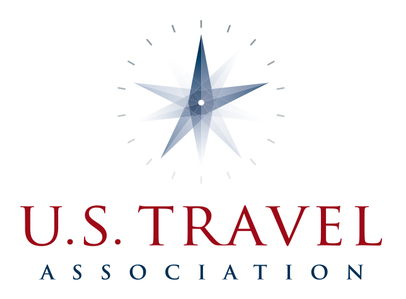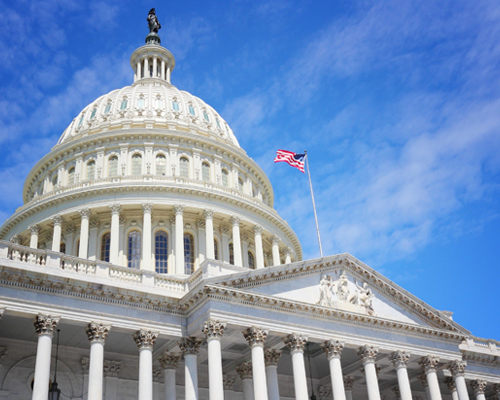
GBTA Applauds Prioritization of TSA Funding in FY 2024 Budget
The Global Business Travel Association (GBTA) commends the inclusion of a provision in the recently passed $1.2 trillion 2024 US federal government spending package, which reinstates revenue collected from airline ticket security fees back to the Transportation Security Administration (TSA). Part of the fee had been diverted to help reduce the federal deficit, starting in 2014, but the entire fee is now going to the TSA. The move is expected to fund the hiring of more TSA personnel and upgrade equipment to improve traveler safety and streamline services.
GBTA has long been advocating for those fees to be reinstated back to TSA and considers this news to be a major benefit for the business travel industry and business travelers.
“We’ve heard from our members and our industry how traveling for business could benefit from more convenience and consistency and TSA has coped with the challenges that arise from having to do more with less,” said GBTA CEO Suzanne Neufang. “This reallocation of funding will help further ease the friction the business travel community has faced, and GBTA will continue to advocate for even better and safer air, rail, and roadways for all travelers.”
The budget also includes funding for additional Customs and Border Protection officers as well as the potential for the Department of Homeland Security (DHS) to explore adding more preclearance locations, with a focus on the Indo-Pacific region. The appropriations package can be read here.
Visit gbta.org for more information.

USTA Praises Much-Needed Funding to Lower Visitor Visa Wait Times
U.S. Travel Association (USTA) is lauding the appropriation in the federal budget of $50 million to help the US State Department to speed up the visa wait times. This has been a long-fought battle for the association, as wait times have been more than a year in some cases.
“U.S. Travel applauds Congress for directing funding to address excessive visitor visa interview wait times, which currently average 400 days in top source markets. The State Department must now deploy these resources as quickly as possible to lower wait times and facilitate growth in inbound visitation,” says USTA Executive Vice President of Public Affairs and Policy Tori Emerson Barnes. “Further, U.S. Travel urges Congress to consider other critical measures like the Visa Processing Improvement Act (S.2632) to modernize the entire visa process, particularly as the US prepares for a decade of major international events.”
Visit ustravel.org for more information.

ABA Reacts to New Emissions Regulations
The US Environmental Protection Agency (EPA) recently released its phase 3 ruling for heavy-duty vehicles, which sets stronger emissions standards with the 2027 model year. Motorcoach associations like the American Bus Association (ABA), in conjunction with commercial vehicle industry organization Clean Feight Coalition, support “appropriate” climate initiatives, but are sounding the alarm on the accelerated shift toward electric vehicles, noting that “modern motorcoaches, powered by clean diesel, are among the most environmentally friendly modes of transportation.”
“…[T]he ABA expresses grave concerns regarding the EPA’s recent rule mandating a rapid shift to electric vehicles. This forced march towards electric vehicles will result in a significant increase in equipment costs, potentially doubling them. Moreover, the current lack of infrastructure and limited electric capacity make this transition impractical and financially burdensome for the industry and consumers,” says ABA President & CEO Peter Pantuso, who added that a gradual approach would allow for the needed infrastructure to catch up.
“…Rushing this process without adequate infrastructure and electric capacity will only burden the end user, the consumer, and the taxpayer with increased costs. The ABA urges policymakers to consider the long-term implications and feasibility of such a transition, emphasizing the need for a comprehensive plan that addresses the challenges associated with electric vehicle adoption. … This approach necessitates a comprehensive plan that addresses the challenges associated with electric vehicle adoption.”
Visit buses.org for more information.
[04.02.24]


